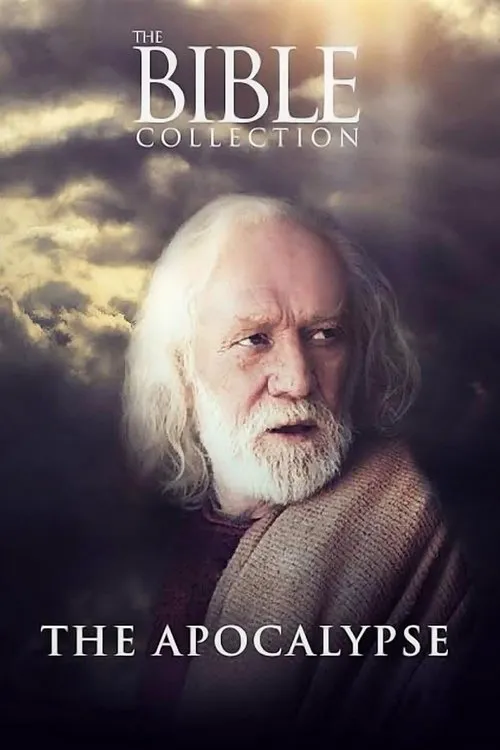The Apocalypse

Plot
In "The Last Temptation of the Christ" alternative film, "The Apocalypse" takes a different approach in depicting the final days of the world. It is an adaptation of the Book of Revelation, but unlike the other biblical epics that stick to the traditional narrative, this version delves into the inner turmoil of Emperor Domitian's reign and its consequences on the apostles and early Christians. The film begins with Emperor Domitian at the peak of his power, enforcing strict control over the Roman Empire. As a result, Christianity, which was initially tolerated under the previous rulers, faces intense persecution. Christians are hunted down, imprisoned, and often executed, leaving many to question the faith of their leaders. In the midst of this chaos, the aged apostle John receives prophetic visions from God. John, once a devoted student of Jesus Christ, now grapples with the weight of his experiences and the uncertainty of the future. As he struggles to comprehend the meaning behind his visions, he becomes an increasingly isolated figure within the Christian community. John's visions are a mix of cryptic messages and vivid images that foretell the end of the world. He sees a great and terrible beast arise from the depths of the sea, signifying the rise of a powerful and tyrannical ruler who seeks to dominate the world. The beast, with its seven heads and ten horns, has all the characteristics of a demonic entity that rules with an iron fist, crushing all those who dare to resist. As Domitian's persecution intensifies, John becomes even more withdrawn, unable to reconcile his visions with the harsh reality of the world around him. Many of his fellow Christians fear his visions, seeing them as a sign of impending doom rather than a message of hope. They, in turn, begin to doubt John's sanity, leading to a growing rift within the community. Meanwhile, a young Christian named Marcus struggles to maintain his faith in the face of overwhelming odds. A zealous apostate who renounces his Christian faith to avoid persecution, Marcus becomes a symbol of the disillusionment that has begun to creep into the hearts of many faithful believers. His transformation into a loyal servant of Domitian serves as a stark reminder of the corrupting influence of power and the ease with which even the strongest convictions can be destroyed. The film's central conflict revolves around John's unyielding determination to spread the message of his visions, even as the world around him descends into chaos. His resolve is tested when, facing the threat of execution, he finds himself torn between his duty to obey God and his desire to preserve his own life. In a pivotal scene, John is taken before Domitian, accused of blasphemy and subversion. The Emperor, convinced that John's visions are a threat to his authority, interrogates him relentlessly, seeking to extract a confession that would prove the apostle's guilt. John, however, remains resolute, convinced that his visions are a message from God intended for the benefit of all humanity. The outcome of John's ordeal is a testament to the power of faith, as the aged apostle finds the strength to resist the Emperor's demands. Refusing to back down, John declares that his visions are indeed a warning of the apocalypse, but also a promise of salvation for those who remain faithful. Ultimately, "The Apocalypse" is a powerful exploration of the human condition, set against the backdrop of one of history's most pivotal and transformative events. As the world hurtles towards its final confrontation with destiny, the film raises fundamental questions about the nature of faith, the consequences of persecution, and the enduring resilience of the human spirit.
Reviews
Recommendations




